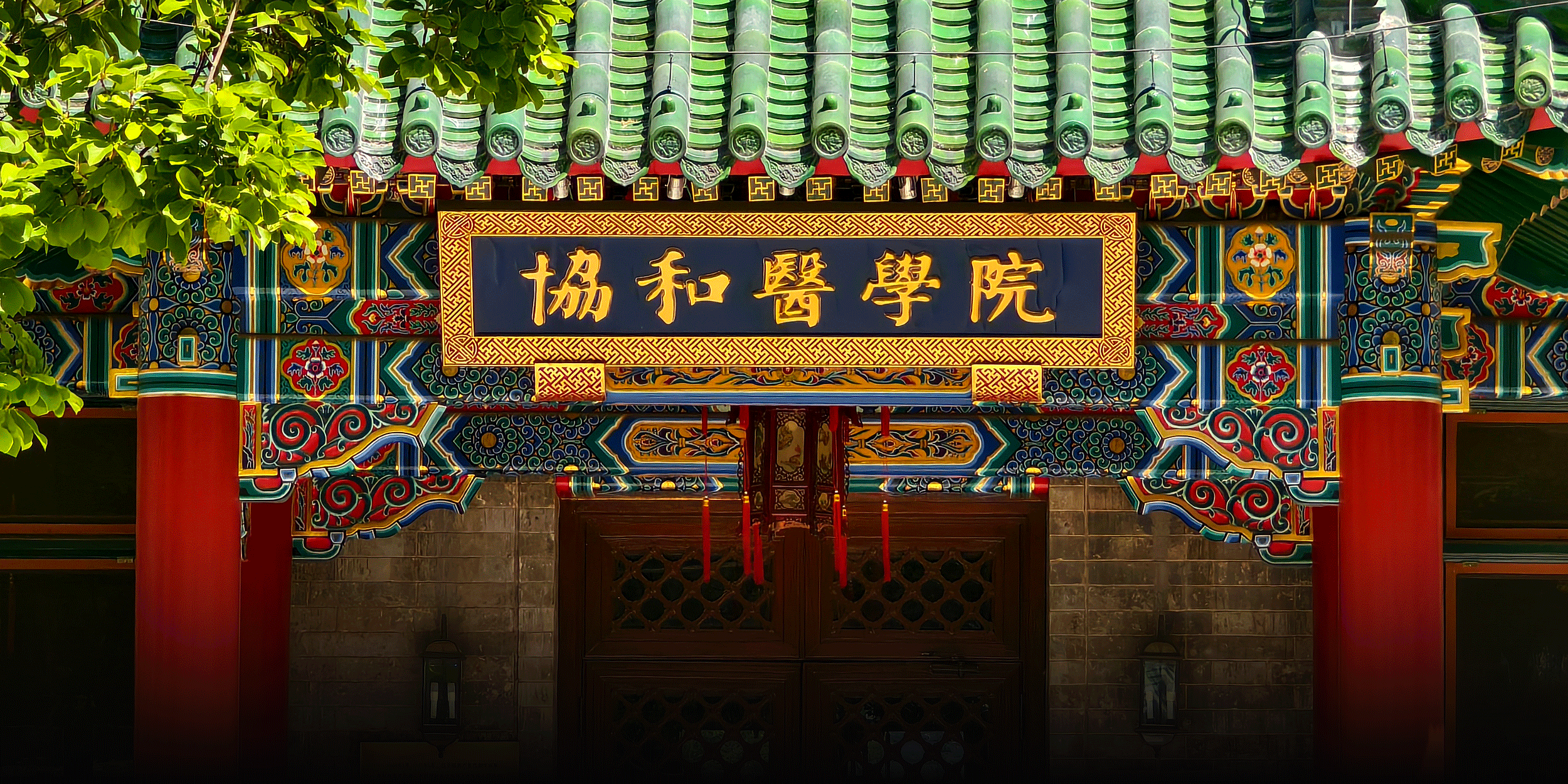
Trainee Faked Her Way Into Elite Chinese Hospitals, 19 Punished
China has punished 19 officials and revoked the credentials of a trainee doctor at the center of a high-profile nepotism scandal, the National Health Commission (NHC) said Friday, in a case that has fueled months of public anger over nepotism and corruption in elite hospitals and medical schools.
The trainee, 29-year-old Dong Xiying, rose through China’s top medical institutions by allegedly using forged transcripts, plagiarized research, and family connections. The scandal began with an extramarital affair involving a senior surgeon.
The findings came from a four-month probe led by the NHC, which examined how Dong secured admission, degrees, and research credits. Nineteen officials across five leading hospitals and universities were disciplined, including Dong’s doctoral advisor and a deputy dean who helped falsify her records.
Dong first drew public attention in late April, when a nine-page letter began circulating online. The author accused her husband, Xiao Fei, a 39-year-old surgeon at Beijing’s China-Japan Friendship Hospital, of multiple affairs with colleagues, including Dong.
According to the letter, in July 2024, Xiao and Dong were found to have left an anesthetized patient unattended for 40 minutes after Xiao confronted a colleague who had criticized her. A preliminary health commission report in May said Xiao was dismissed from the hospital and stripped of his medical license for at least five years.
Attention soon turned to Dong’s qualifications. With only a U.S. economics degree, she was admitted to the prestigious Peking Union Medical College’s fast-track program, a path normally requiring a science background.
Her scattered academic record added to the skepticism, with research spanning multiple specialties and a dissertation in gynecological imaging under an orthopedic supervisor.
The health commission’s statement confirmed that she benefited from her paternal aunt, Ban Xiaojuan, a professor of artificial intelligence and a deputy dean at the University of Science and Technology Beijing.
In 2019, Peking Union Medical College’s experimental “4+4” program first opened to candidates from top universities in China and abroad, admitting about 30 students a year with non-medical undergraduate degrees.
The eight-year track allows candidates to spend four years in another field before switching into medicine, graduating with a medical doctorate and a shortened residency.
Investigators said Ban exploited the program’s flexibility by forging a transcript to show Dong had studied physics and chemistry, making her appear eligible for admission.
Four years later, investigators said, Ban arranged for one of her colleagues to provide a master’s thesis that Dong submitted as her own doctoral dissertation.
Despite the plagiarism, she passed her defense with the support of a committee member linked to her supervisor, Qiu Guixing, an orthopedic academician at the Chinese Academy of Engineering.
Another of Qiu’s protégés, now head of orthopedics at Peking Union Medical College Hospital, was also found to have intervened with the China-Japan Friendship Hospital to ease Dong’s residency rotations.
The probe also found that several of Dong’s published papers misrepresented her contribution, including one English-language article that was simply a translation of a Chinese study where she was only listed as second author.
Investigators said doctors at Peking Union Medical College Hospital and the Cancer Hospital, Chinese Academy of Medical Sciences — where she is a trainee after a year at the China-Japan Friendship Hospital — helped her secure those publications. In May, an earlier NHC report had already revoked her doctorate, degree certificate, and medical license.
The commission’s final report on Aug. 15 said 19 officials tied to the scandal were punished with penalties ranging from formal warnings and disciplinary demerits to demotions and dismissals.
Dong’s aunt, Ban Xiaojuan, was suspended, stripped of her teaching duties, and barred from supervising graduate students. Her doctoral advisor, Qiu Guixing, who has already retired, received a formal criticism.
The NHC report also announced new safeguards for the “4+4” pilot program, including stricter verification of admissions, a second plagiarism check one year after dissertation defense, and a requirement that all graduates complete three years of standardized residency training, the same as other medical schools in China.
On the same day that the health commission released its report, both the China-Japan Friendship Hospital and Peking Union Medical College announced the replacement of their administrative heads, according to official statements on their websites.
State media also endorsed the outcome: People’s Daily described the scandal as a “cancer” in the medical sector that needed to be cut out, while news agency Xinhua called the punishments “a starting point, not an end,” urging deeper reforms in medical education, licensing, and oversight.
Editor: Apurva.
(Header image: VCG)










